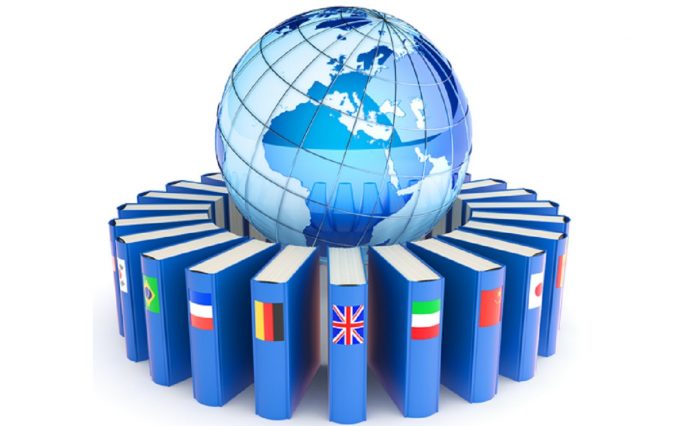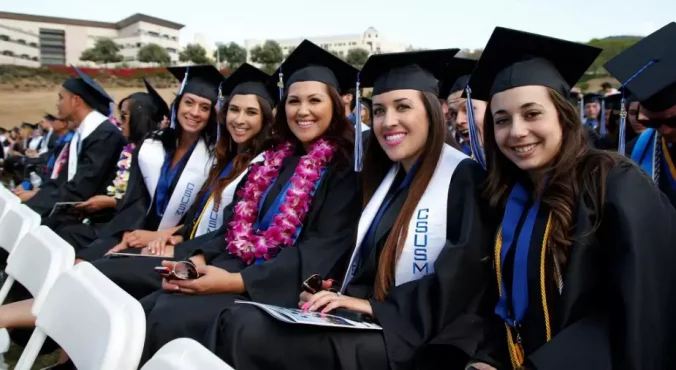Language Barriers Lead to Hilarious Miscommunications
When I backpacked through Southeast Asia last summer, I expected cultural differences but was still surprised by the hilarious miscommunications that happened due to language barriers. In Vietnam, I tried to tell a street vendor that I wanted my sandwich without cucumbers. However, my shaky Vietnamese led the vendor to believe I had said “Without underwear!” She looked very confused until I pointed at the slices of cucumber. We both had a good laugh about it afterward! Similarly, I accidentally told a tuk-tuk driver in Thailand that I wanted to be taken to the “stinky palace” rather than the Grand Palace. Luckily, he figured out what I had meant! Even though language slip-ups were embarrassing, they often led to funny stories to share.
While sightseeing at the Golconda Fort in Hyderabad, I struggled to purchase entrance tickets at the counter. The staff spoke little English and my Telugu vocabulary only stretched to “hello” and “thank you.” Just as mounting frustration set in, I remembered my Lingvanex translator mobile app. After typing English phrases into the translator, it pronounced the translation and allowed me to communicate and successfully gain entry. While technology didn’t solve the whole situation,it provided enough assistance through the ability to translate English to Telugu to bridge the linguistic gap.. Combining translation tools with goodwill on both sides allowed a positive experience.
Making New Friends Despite Cultural Gaps
Even when verbal communication was challenging, I connected with locals through shared human experiences. During a homestay in Bali, I helped my host family make traditional Indonesian cuisine. Even with our language barrier, we bonded over our mutual love of good food. I also played soccer with some kids who lived down the street from my Airbnb in Hanoi. Though I couldn’t speak Vietnamese and the kids couldn’t speak English, we were able to communicate through gestures, facial expressions, and of course, our shared passion for football. Making friends across cultures made me realize how much we have in common as people, regardless of background.
Unexpected Social Customs Catch Visitors Off-Guard
While researching local etiquette before my trip, I still found myself caught unexpectedly unprepared by certain cultural customs. For instance, the first time I encountered Thailand’s practice of pouring water over images of Buddha to “bathe” them, I was totally shocked. Based on online research, I knew it was customary to remove shoes before entering temples as a sign of respect. However, no guidebook mentioned the water bathing ritual! Similarly, I knew that I would only use my right hand for eating and gesturing in India, as my left hand is considered unclean. Even so, I felt awkward and uncertain about the proper way to accept items from merchants in busy street markets using only one hand. Getting surprised by lesser-known social norms was a fun part of my adventure.
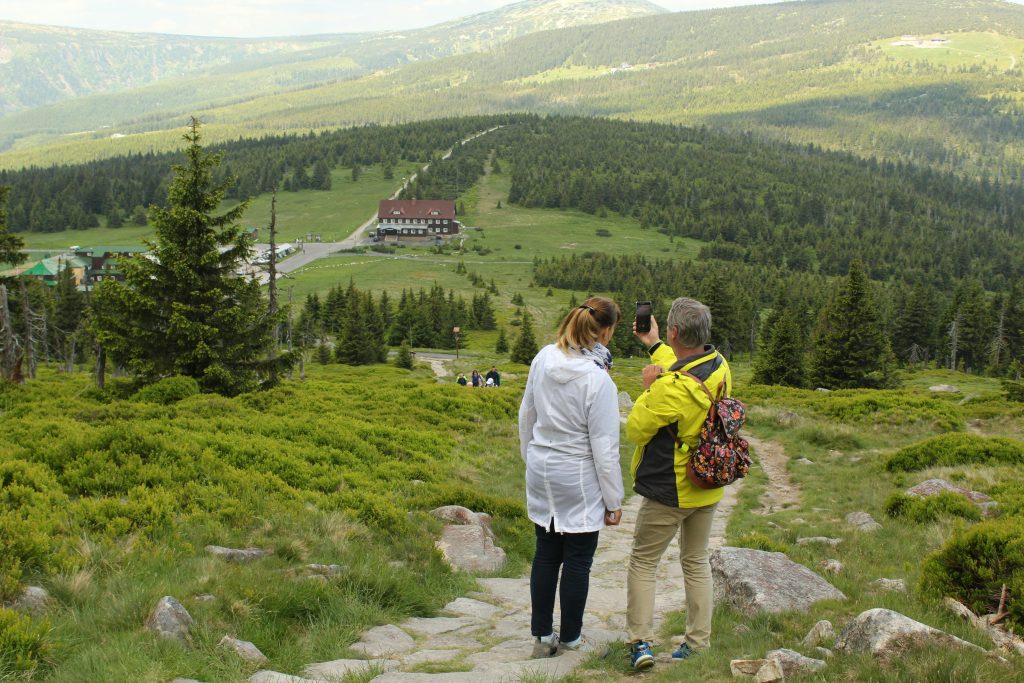
Cultural Surprises Become Favorite Memories
While cultural surprises on my backpacking trip often left me feeling confused or embarrassed in the moment, they quickly turned into my most cherished travel memories. Fumbling through a foreign language led to inside jokes that made local friends. Participating in unfamiliar traditions, even awkwardly, gave me a richer cultural experience. Mishaps due to unexpected social norms taught me flexibility. Looking back, the culture shocks actually gave me more appreciation for each country’s unique way of life. My advice for anyone traveling abroad is: don’t let cultural surprises trip you up! Lean into them boldly instead. The stories you’ll gain are worth a few awkward moments. Next time, I’ll be ready to expect the unexpected, meet surprises with an open mind, and let hilarious misadventures create even fonder memories.

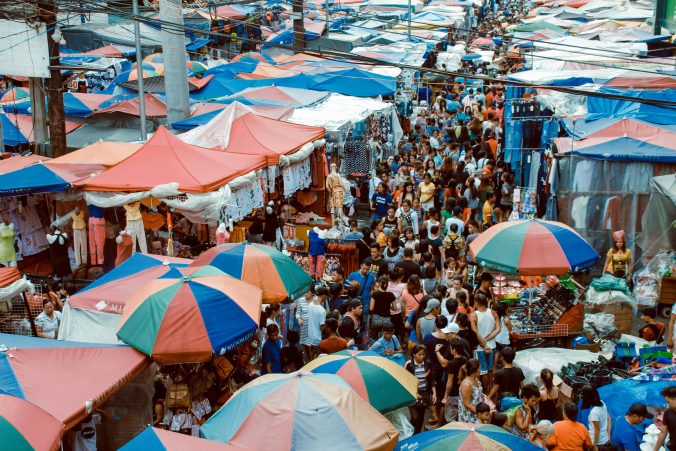


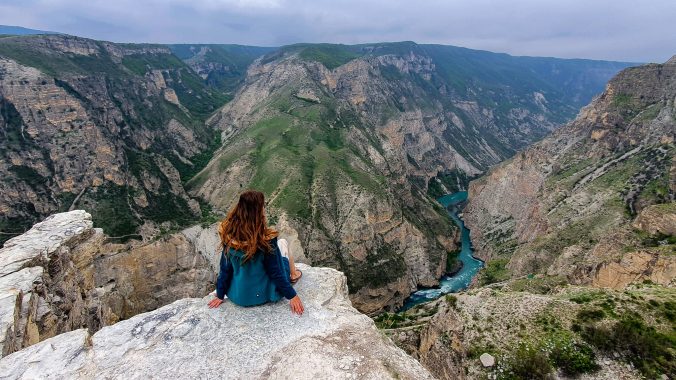
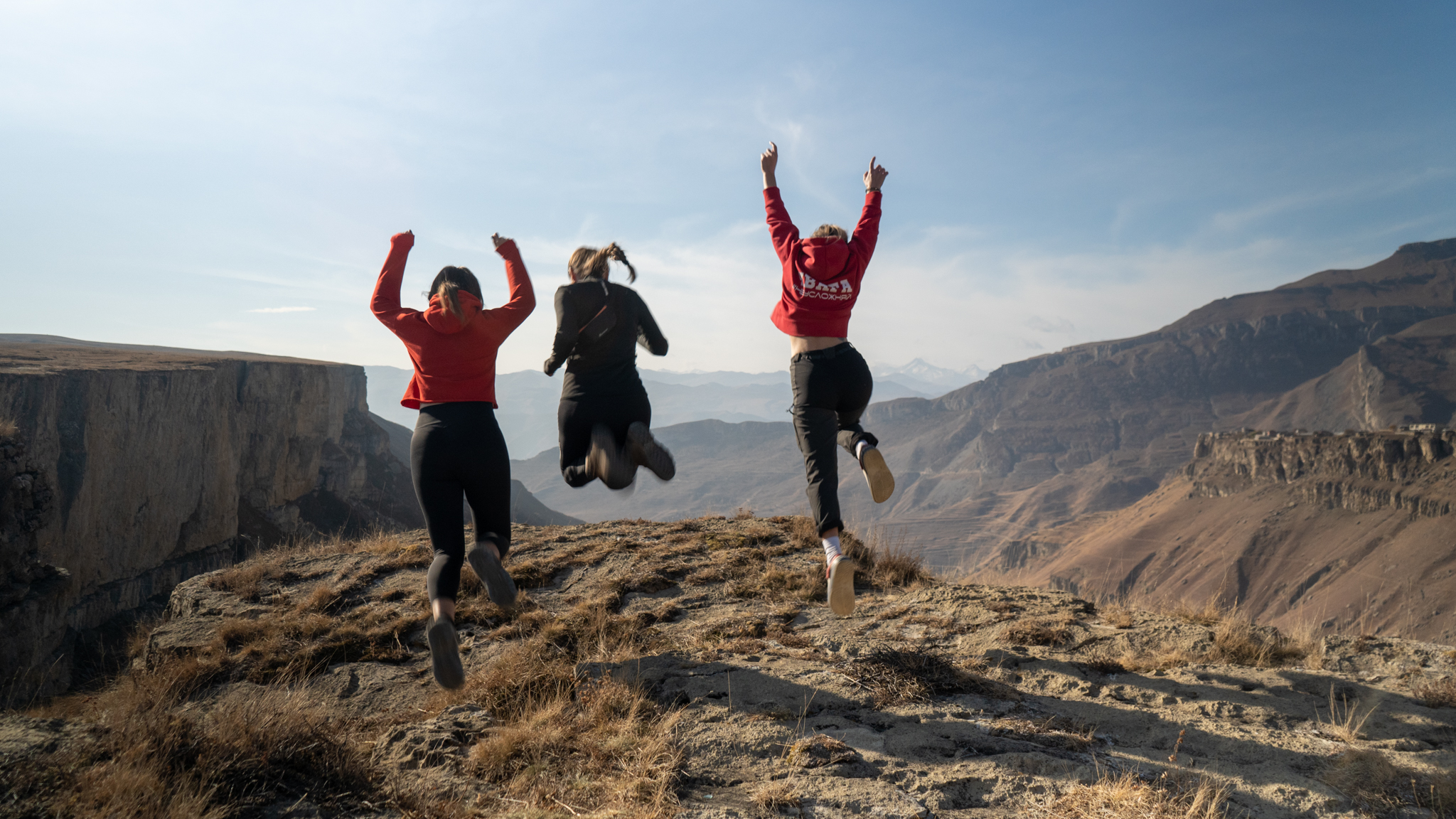 from Makhachkala to Derbent):
from Makhachkala to Derbent):
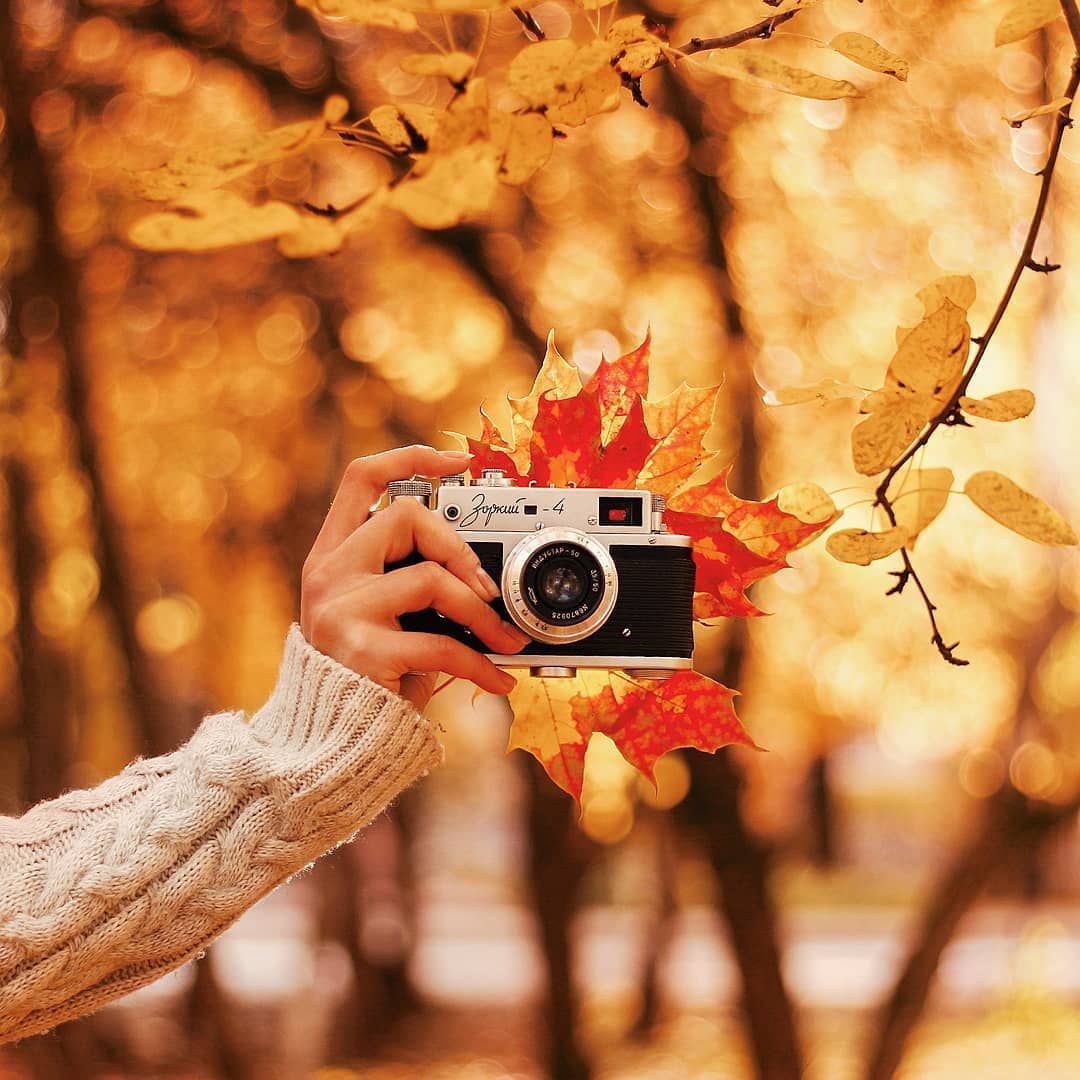

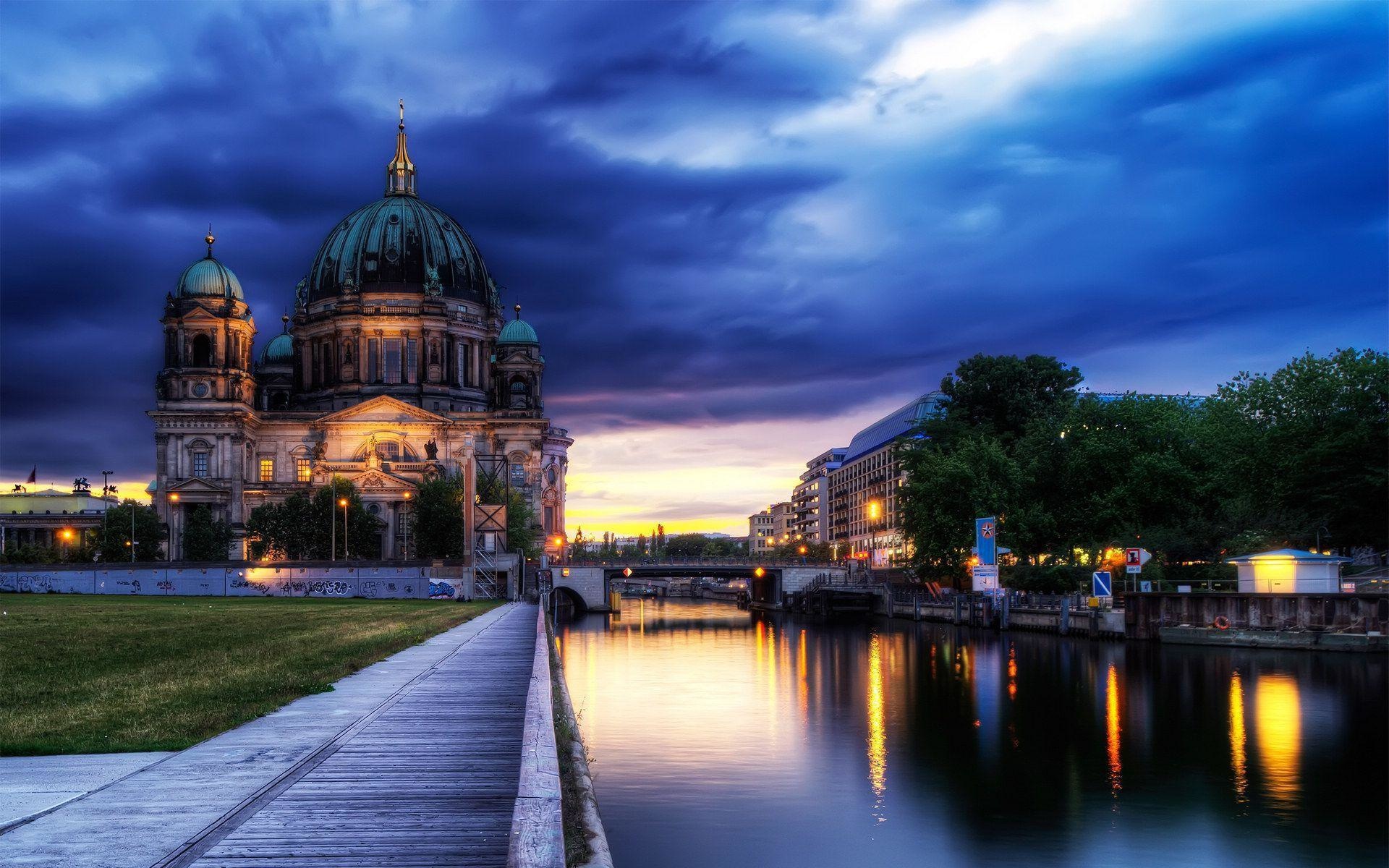

 personality of the teacher and his pedagogical professionalism are so important when looking for a tutor for a son or daughter.
personality of the teacher and his pedagogical professionalism are so important when looking for a tutor for a son or daughter.




